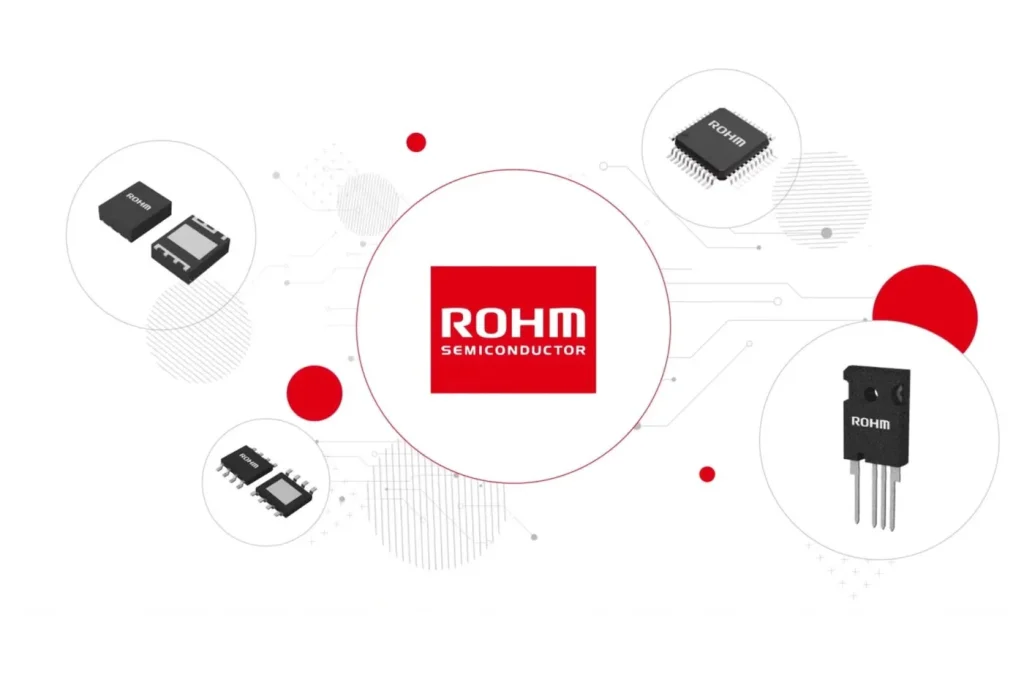Japanese semiconductor manufacturer Rohm Co Ltd and automaker Mazda Motor Corp have announced a joint initiative to develop automotive components based on gallium nitride (GaN) power semiconductors, a next-generation technology that promises improved energy efficiency and compactness for electric vehicles.
The two companies plan to produce a demonstration model by 2025, with the goal of integrating GaN-based components into production vehicles by 2027. GaN semiconductors offer faster switching speeds and reduced energy losses compared to traditional silicon chips, making them especially attractive for EV applications.
See also: Rohm and TSMC Partner to Advance Gallium Nitride Power Devices for EVs
“As the shift towards electrification accelerates in pursuit of carbon neutrality, we are delighted to collaborate with ROHM … in the development and production of automotive components for electric vehicles,” said Ichiro Hirose, Director, Senior Managing Executive Officer and CTO of Mazda. “We are excited to work together to create a new value chain that directly connects semiconductor devices and cars.”
The partnership builds on a previous collaboration involving silicon carbide (SiC) inverters, launched in 2022. GaN is expected to drive further miniaturisation and energy savings in power electronics. “ROHM’s EcoGaN™, capable of high-frequency operation, and the control IC that maximizes its performance are key to miniaturization and energy-saving,” said Katsumi Azuma, Board Member and Senior Managing Executive Officer at Rohm. “To implement this in society, collaboration with a wide range of companies is essential.”
See also: Rohm Semiconductor Expands Electric Vehicle Component Production with Solar Frontier Acquisition
While the companies emphasized the strategic importance of their partnership for sustainable mobility, they provided limited details about specific deployment plans or potential challenges. Transitioning from silicon to GaN semiconductors involves complex manufacturing processes and higher development costs, and Mazda has yet to disclose in which vehicle segments the new components will debut.
The announcement follows Rohm’s December agreement with Taiwan Semiconductor Manufacturing Co (TSMC) to co-develop and mass-produce GaN power elements for EVs.
